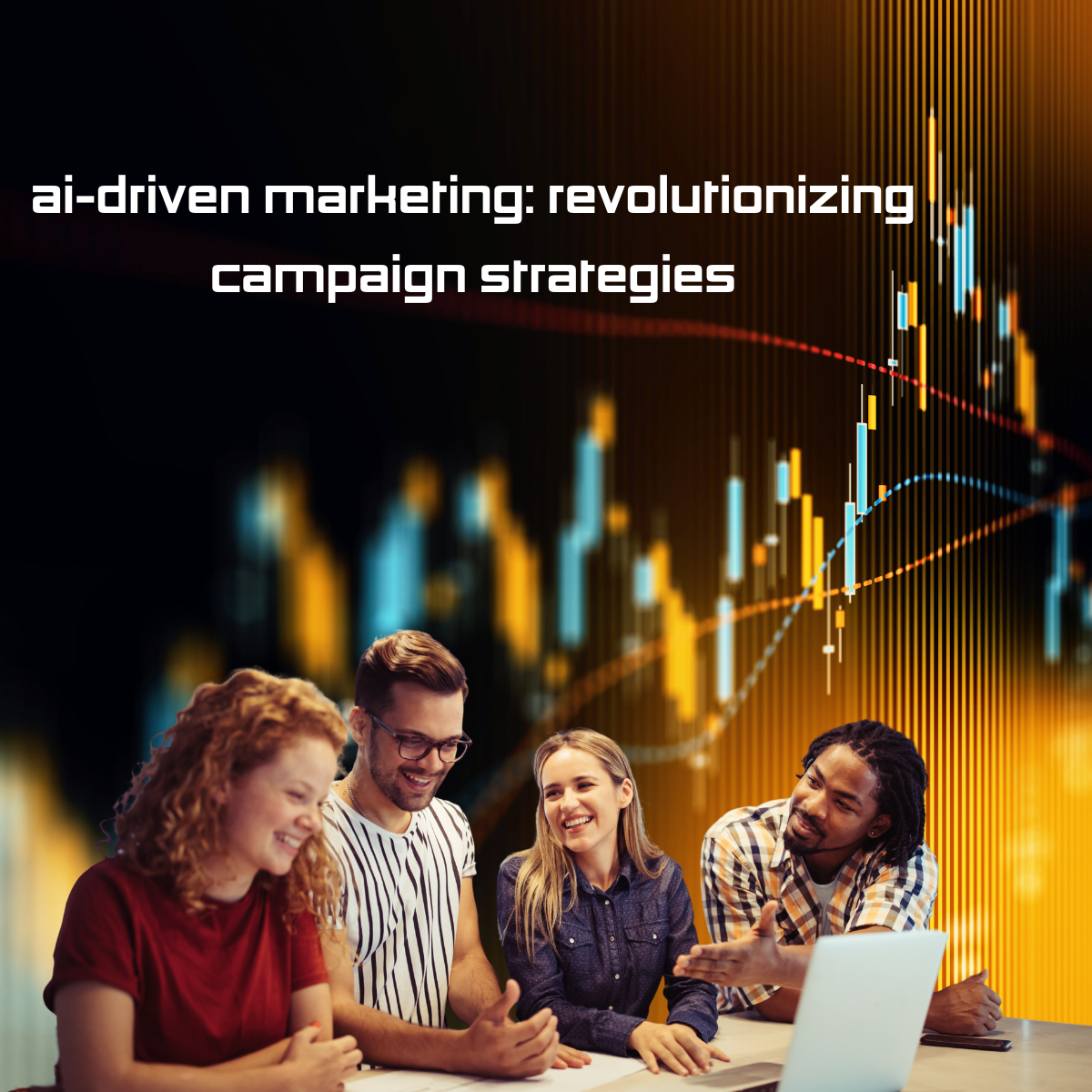Posted At: Aug 19, 2025 - 419 Views

AI-Driven Marketing: Revolutionizing Campaign Strategies
In recent years, artificial intelligence (AI) has emerged as a game-changer in the marketing landscape. As businesses strive to create more effective and personalized campaigns, AI offers innovative solutions that enhance planning, customer segmentation, and real-time personalization. This blog explores how AI is transforming marketing strategies, allowing brands to connect with their audiences like never before.
The Shift to AI-Driven Campaign Planning
Traditionally, campaign planning relied heavily on historical data and intuition. However, with the advent of AI, marketers can leverage predictive analytics to forecast trends and consumer behaviors more accurately. Here are a few ways AI is changing the game:
1. Enhanced Data Analysis
AI algorithms can analyze vast amounts of data at incredible speeds. By sifting through customer interactions, purchase histories, and social media activity, AI can identify patterns and insights that humans might overlook. This capability allows marketers to create more targeted and effective campaigns based on real-time data.
2. Predictive Analytics
Predictive analytics powered by AI can forecast future consumer behaviors and trends. By analyzing past data, AI tools can provide insights into what types of campaigns are likely to resonate with specific audiences. This enables marketers to make informed decisions and allocate resources effectively.
3. Streamlined Workflow
AI can automate routine tasks, such as data entry and reporting, freeing up marketers to focus on strategic planning and creative development. With AI managing the mundane, teams can concentrate on crafting compelling narratives and developing innovative campaign concepts.
Revolutionizing Customer Segmentation
Effective marketing hinges on understanding your audience. AI is redefining customer segmentation by enabling more precise and dynamic approaches.
1. Behavioral Segmentation
AI can analyze customer behavior in real-time, allowing for the creation of dynamic segments based on actions rather than demographics alone. This means marketers can target users based on their current interests and behaviors, leading to more relevant and timely messaging.
2. Micro-Segmentation
Gone are the days of broad audience categories. With AI, marketers can create micro-segments that reflect nuanced consumer preferences and behaviors. This level of granularity helps brands tailor their messaging and offerings to meet the specific needs of small audience groups, enhancing engagement and conversion rates.
3. Continuous Learning
AI algorithms continuously learn from new data, allowing for ongoing adjustments to segmentation strategies. As consumer behaviors evolve, AI can quickly adapt, ensuring that marketing efforts remain relevant and effective.
Real-Time Personalization: The Future of Customer Engagement
Personalization has become a critical expectation among consumers. AI takes this to the next level by enabling real-time personalization across various touchpoints.
1. Dynamic Content Delivery
AI can analyze user data and behaviors in real-time to deliver personalized content to customers. For example, e-commerce platforms can showcase product recommendations based on a user's browsing history and preferences, enhancing the shopping experience and driving conversions.
2. Automated Customer Interactions
Chatbots and AI-driven customer service tools are revolutionizing how brands interact with their customers. These tools provide instant support and personalized responses, improving customer satisfaction and retention. AI can analyze past interactions to offer tailored solutions, making each customer feel valued.
3. Predictive Recommendations
AI algorithms can predict what customers are likely to want next based on their behavior and preferences. This predictive capability enables brands to proactively suggest products, services, or content that resonate with individual users, enhancing the overall customer experience.
Conclusion
As AI continues to evolve, its impact on marketing strategies will only grow. By harnessing the power of AI-driven tools, brands can revolutionize their campaign planning, refine customer segmentation, and deliver real-time personalization that resonates with audiences. Embracing these advancements not only enhances marketing effectiveness but also builds deeper connections with customers, paving the way for sustained growth and success in an increasingly competitive landscape. As we move forward, the integration of AI into marketing will undoubtedly shape the future of how brands engage with consumers, making it an exciting time to be part of the industry.
